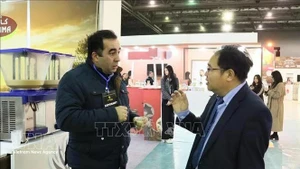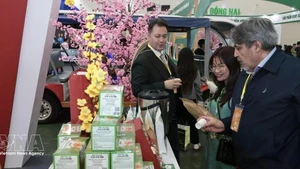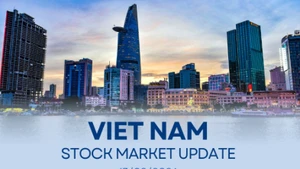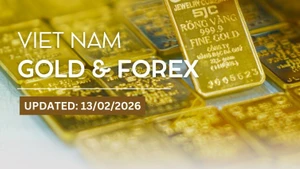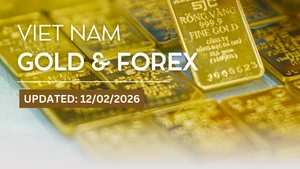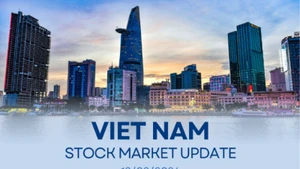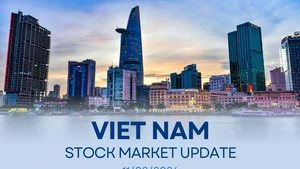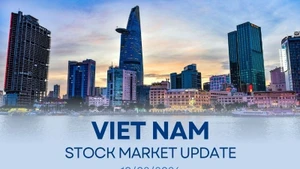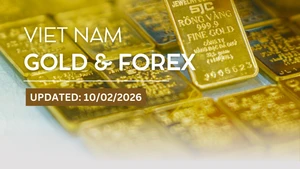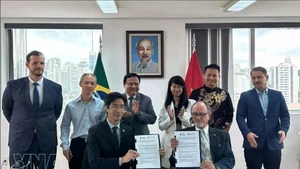The BCI for the second quarter of 2025 recorded a slight dip to 61.1, reflecting heightened global uncertainty. However, the overall sentiment remains one of cautious optimism, with Viet Nam still viewed as a resilient and promising investment destination.
This quarter BCI results showed a shift in Viet Nam’s trade and investment environment. From rising tariffs and administrative burdens to the growing traction of the EU-Viet Nam Free Trade Agreement (EVFTA), the data underscores the evolving opportunities and persistent challenges as well as shaping the strategy of European investors in Viet Nam. Specifically, 72% of surveyed enterprises said they would recommend Viet Nam as an investment destination with long-term potential.
As international trade tensions mount and supply chains remain under pressure, European businesses in Viet Nam are showing remarkable resilience. Among the key factors influencing sentiment is the unresolved impact of the US's tariffs. Following the third round of Viet Nam – US trade negotiations in June with no definitive outcomes, uncertainty over tariff adjustments continues to weigh on strategic planning, particularly for companies managing cross-border supply chains. Open-ended responses from this BCI survey repeatedly flagged these evolving cards as a concern – not yet a crisis, but a watchpoint.
Thue Quist Thomasen, CEO of Decision Lab, EuroCham’s BCI survey partner, noted that the recent decline in the percentage of firms expressing confidence in Viet Nam’s Q3/2025 economic stability - from 58% to 50% - does not indicate rising pessimism. This shift reflects a more cautious stance in the face of a volatile international environment, not a downturn in confidence, he said.
In fact, only 11% of respondents foresee a negative outlook in the coming months, while 39% remain neutral and 43% still rate their business prospects as “Good” or “Excellent.” This suggests that most companies are adopting a prudent “wait-and-see” approach rather than anticipating a downturn.
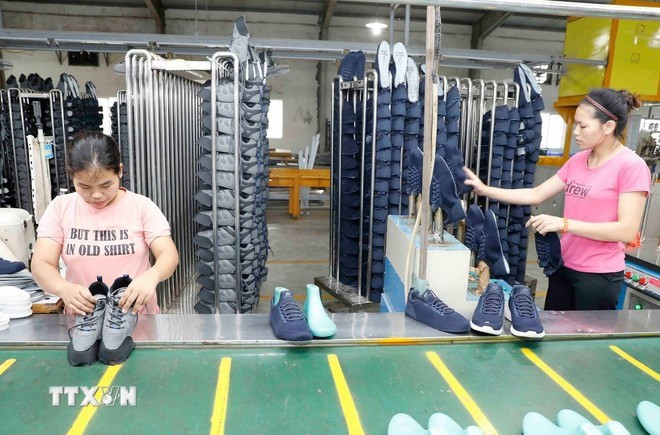
Despite global headwinds, European companies in Viet Nam report limited direct financial impact. Just 15% of businesses said they had experienced net negative outcomes such as penalties, canceled orders, or price renegotiations. Meanwhile, 70% reported no significant disruptions, and 5% even noted net gains.
“As geopolitical shifts continue to redraw global supply chains, having a clear and verifiable origin story for products is becoming a key competitive advantage,” said EuroCham Chairman Bruno Jaspaert.
Since May 5, the Ministry of Industry and Trade (MoIT) has taken over the Certificate of Origin (C/O) issuance process with plans to roll out a fully digital system nationwide. This move is widely welcomed by the business community as it is expected to reduce paperwork, improve turnaround times, and integrate more seamlessly with digital customs systems and electronic signatures.
“This push toward digitalisation is not just about reducing paperwork – it’s about positioning Viet Nam as a trusted, future-ready trade partner,” Jaspaert said. He added that strengthening Viet Nam’s domestic value chain and increasing the share of authentically ‘Made in Viet Nam’ products would offer a major advantage in global markets.
The C/O not only ensures access to preferential tariffs under agreements like the EVFTA but also enhances trust in the origin and quality of Vietnamese exports. According to the BCI survey, 56% of European firms operating in Viet Nam submit C/O documentation regularly on a monthly basis.



